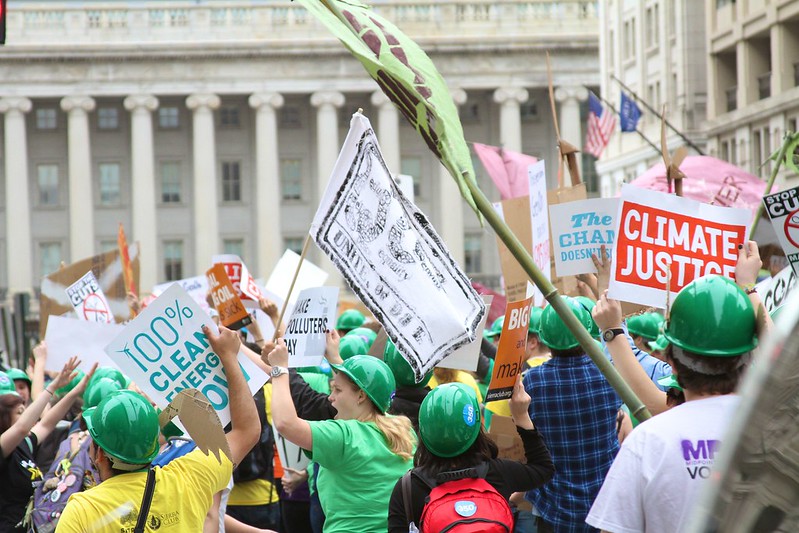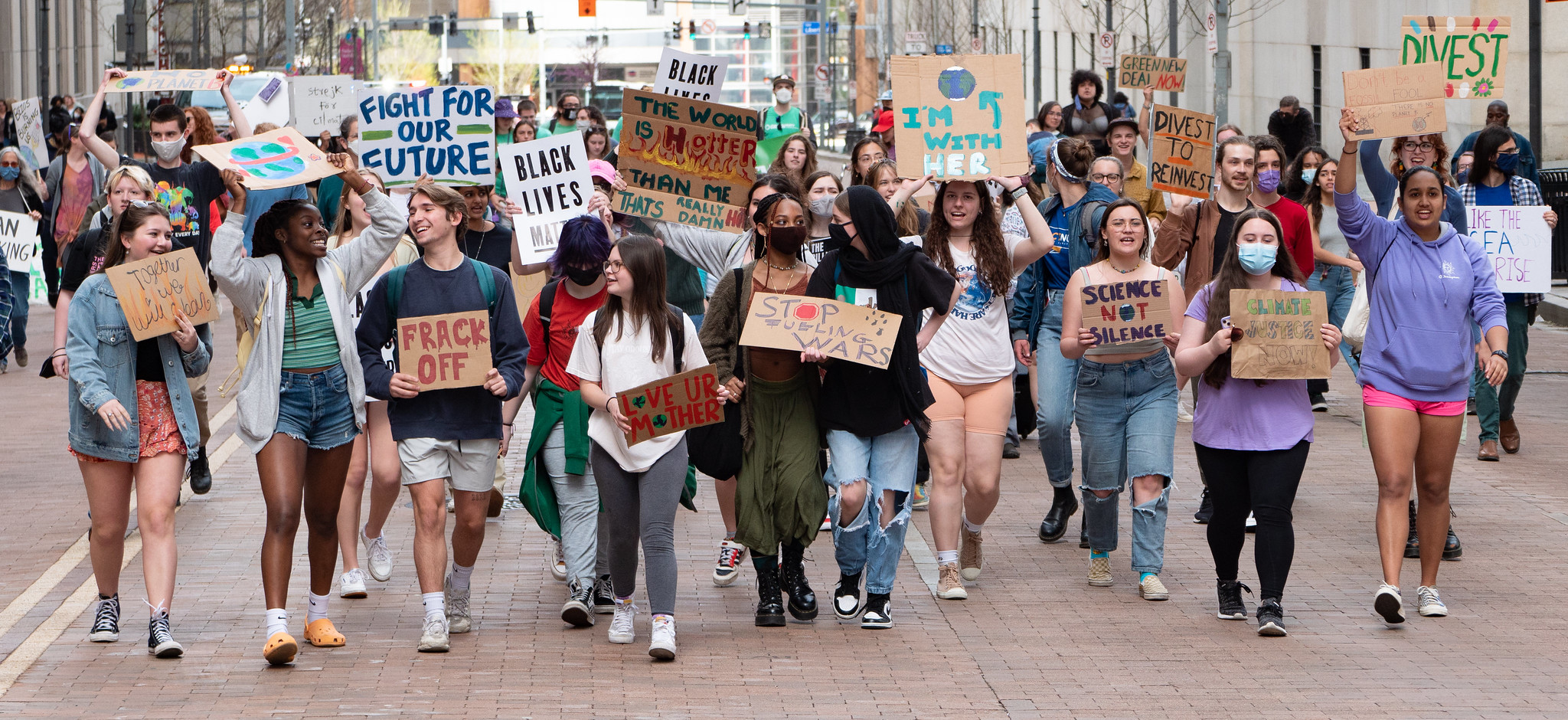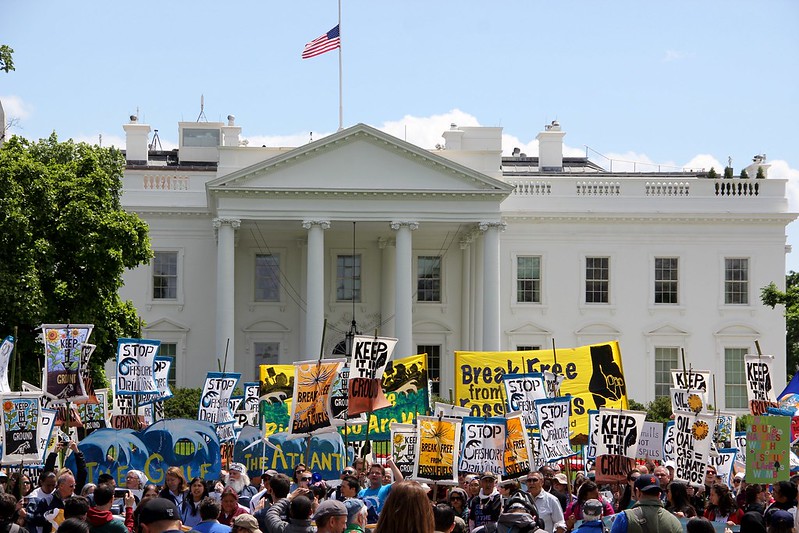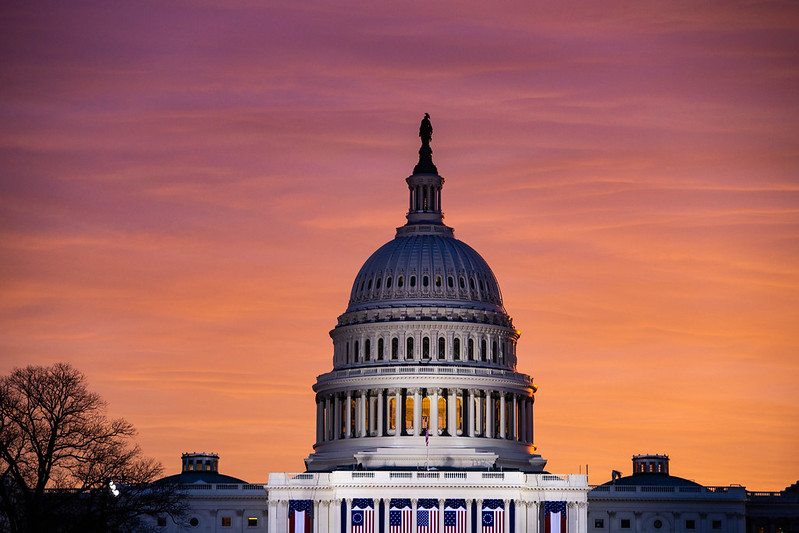Coastal Management | Adaptation | Policy
February 4, 2025

India’s Huge Artificial Reef Rollout May Cause More Harm Than Good – Dialogue Earth | The Maritime Executive
Excerpt:
Thousands of planned artificial reefs may not increase fish populations, and could exacerbate coastal erosion…
Kasimedu is one of the largest and busiest fishing villages in Chennai, on the south-eastern coast of India. On one side of the port, large trawlers bring in substantial catches. On the other are moored small fiberglass boats belonging to fishers who rely on traditional methods, such as rod-and-line and occasionally nets.
Jayakumar, a leader in a local fishers’ association, highlights the challenges faced by traditional fishers: “It’s impossible for small fiber-boat fishermen to compete with large mechanized boats. When we used to go deep-sea fishing, the trawl boats would sweep up all the fish. Many traditional fishermen had to give up and work as laborers on trawl boats.”
To try and address this problem, 200 pieces of concrete were submerged at two coastal sites near Kasimedu in 2022 by the Participatory Learning Action Network and Training (Plant) group. The concrete was colonized by algae, shellfish and coral. Small fish and crustaceans shelter among them, attracting larger, predatory fish to these artificial reefs.
“After the reefs were installed, we no longer needed to go into the deep sea to find high-market-value fish, like kingfish and trevally,” says Arumugam, another local fisher. “I’m also able to save on fuel daily, as my boat doesn’t have to venture far for a good catch. There’s been a noticeable change in our income since the reefs were placed.”
Kasimedu is one of 25 fishing villages in Tamil Nadu where Plant has installed artificial reefs offshore. A conservation and social development organisation, Plant was founded by RT Suresh and is funded by the UN Development Programme, the Australian Embassy and The Energy and Resources Institute (Teri).
“The concrete reefs are placed on rocky, underwater areas, and within six months, biofilm, algae, plankton and other organisms begin to grow around them,” says Plant’s director, Amulrani. Many fishers in Kasimedu who benefit from these artificial reefs have requested more be installed. India’s central government appears to be listening. It announced a huge expansion of artificial reefs in 2023, which would bring them to thousands of the country’s fishing villages…
More on Coastal Management + Adaptation . . .

How the Climate Movement Is Changing Tactics After Trump’s Win – the New York Times
Faced with a president-elect who has called global warming a “scam,” activists are changing their strategies and pushing a message of hope.

As Teenagers, They Protested Trump’s Climate Policy. Now What? – the New York Times
Some young climate activists who were galvanized under Donald Trump’s first presidency are taking a different approach to his second.

Climate Advocacy Groups Say They’re Ready for Trump 2.0 – Inside Climate News
Disheartened, worried, even scared, activists and strategists are nevertheless better prepared this time around and bracing for a long fight…

Despite Likely Setback…New Climate Champions Set to Enter Congress – Inside Climate News
Disheartened, worried, even scared, activists and strategists are nevertheless better prepared this time around and bracing for a long fight…

Trump Victory Is a ‘Gut Punch’ to U.S. Climate Action – Scientific American
President-elect Trump vowed to promote fossil fuels, weaken pollution regulations and reverse Biden administration climate efforts..

Trump Wins, Planet Loses – Grist Magazine
With control of the White House and the Senate, Republicans are poised to upend U.S. climate policy…
